Researchers in Focus: Rebecca Sheridan, Adele Connor & Emma Byrne
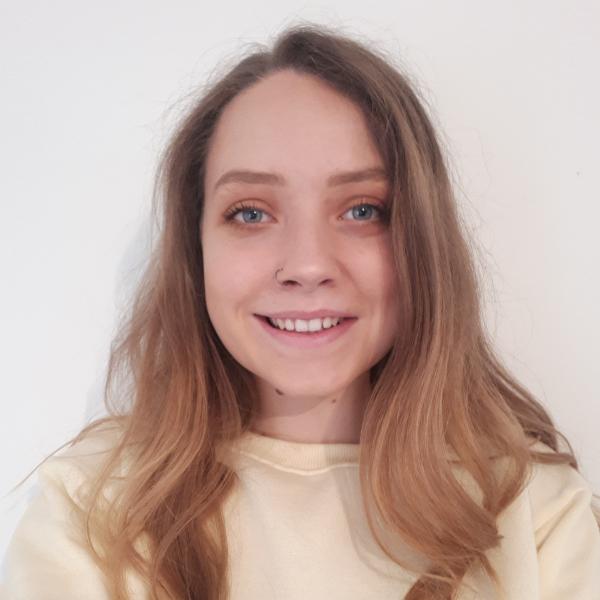
Rebecca Sheridan graduated from a BSc Genetics from University College Dublin (UCD) in 2018 and went on to carry out a masters in Biotechnology, Bioinformatics and Bio-Business at the University of Aberdeen, Scotland. Rebecca is currently in her second year of her PhD in the UCD Conway Institute under the supervision of Assoc. Prof. Mc Gee. Her project is focused on improving multiple myeloma treatment.
Multiple myeloma is a blood cancer that arises due to uncontrolled growth of immune cells called plasma cells, in blood and bone marrow. A plasma cell’s main function is to produce antibodies to help the body fight infections. Plasma cells can also send signals that are taken up by a variety of cells in the bone marrow. These cells and signals are collectively known as the bone marrow microenvironment. The bone marrow microenvironment uses these signals to ensure the all the cells in the body are working in harmony to benefit the overall function of the body. When an abnormal plasma cells occurs, it maintains this ability to communicate within the bone marrow microenvironment but the signals it releases are altered to benefit the survival of the abnormal cell. The altered signals in the bone marrow microenvironment prompt the normal cells to release molecules that accelerate cancer cell growth.
Factors secreted by cancer cells include small particles that contain functional biological components from the cancer cell. These particles contain specific proteins on their surface that enable their uptake by normal cells. When inside the normal cells the vesicles release the internal contents, reprogramming the normal cell function to support cancer growth. These vesicles are released in greater quantity by cancer cells. Therefore, they are abundant in body fluids including blood and bone marrow, making them easily accessible disease markers and therapeutic targets. However, their mechanisms of uptake and content remains poorly understood.
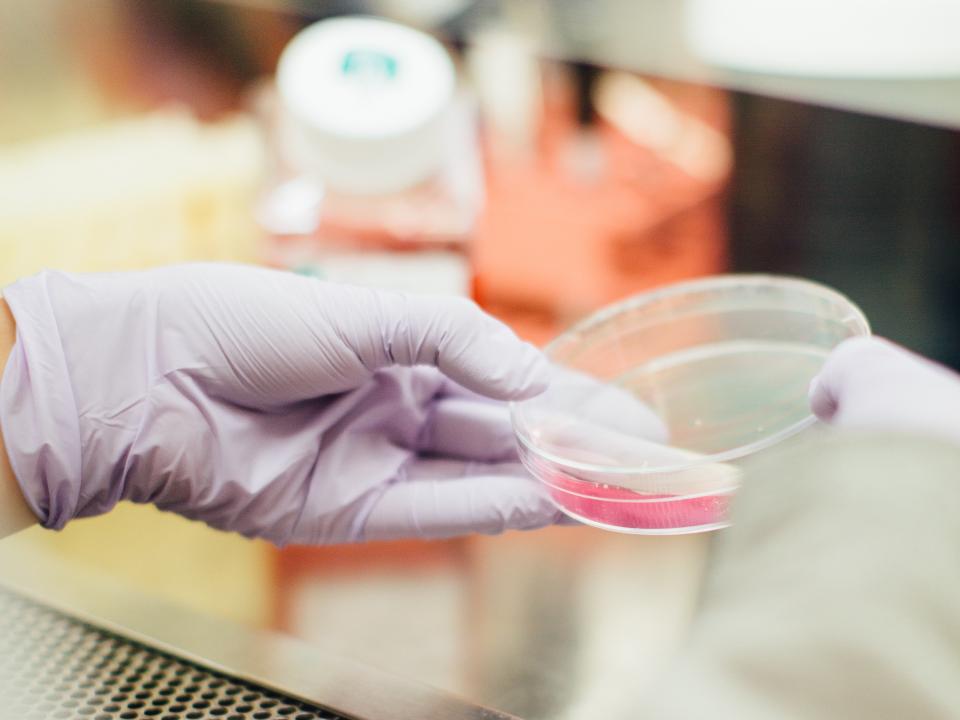
Rebecca’s project is focused on the isolation and characterisation of vesicles secreted by multiple myeloma plasma cells in blood and bone marrow. Specifically, she will use advanced technologies to identify the content packaged within vesicles and investigate a role of the vesicle’s protein during uptake. In-depth data analysis will be applied to identify important cancer-promoting cargo within vesicles. Together this will unveil new strategies to prevent vesicle signalling between cancer and normal cells that is required for the progression of blood cancer.
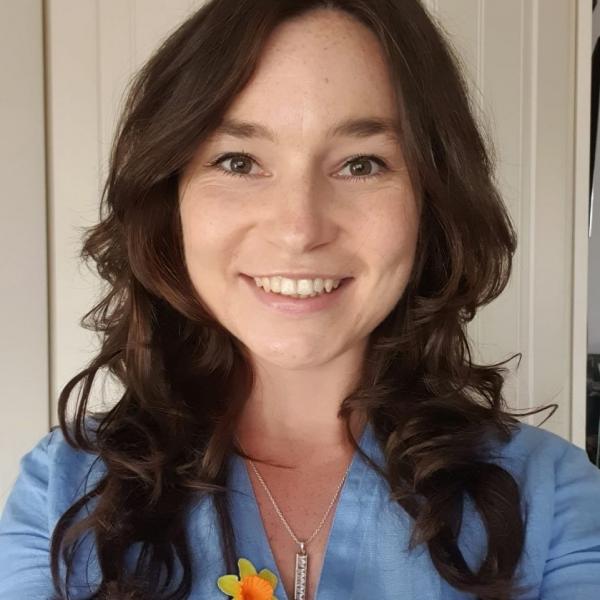
Adele Connor completed her BSc in Biology and Chemistry at Maynooth University in 2014, and MSc in Biomedical Science at University of Ulster in 2015. Following this, Adele worked as a research assistant in Associate Professor Antoinette Perry’s lab at University College Dublin, where she joined the epiCaPture project, developing a urine test to detect aggressive prostate cancer.
She immersed herself in the rich research ecosystem in the School of Biology and Environmental Science, and was particularly taken by the high-resolution cell imaging work of Professor Jeremy Simpson and his team. Antoinette’s lab also focuses on ovarian cancer, a disease with a very poor survival rate. Adele knew she had found her niche, and decided to pursue her PhD studying the cell biology of ovarian cancer. Adele was awarded an Irish Cancer Society PhD Scholarship, commencing her studies in January 2021. Her research focuses on understanding the differences between primary and metastatic ovarian cancer tumours, and discovering how these differences impact treatment response.
Sadly, early stage ovarian cancer rarely shows any signs or symptoms, resulting in most patients presenting with advanced disease, meaning the cancer has spread and responds poorly to anti-cancer drugs. Currently, we don’t fully understand the differences in behaviours in ovarian tumours once they have spread around the body.
For her PhD project Adele will image ovarian tumours to understand how their different cell types and features affect a woman’s response to therapy. With this information, we may better understand which drug combinations individual patients will best respond to.
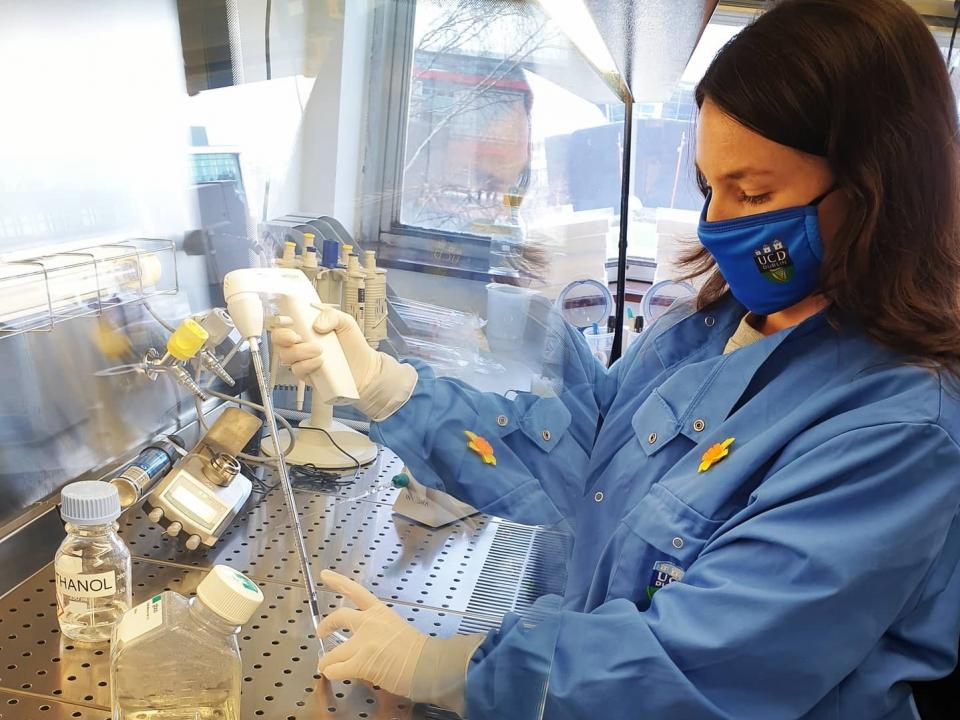
Adele will work with patients and the gynaecological oncology team at the Mater Misericordiae hospital. Surgically resected tumours will be grown and imaged in the lab, to provide a realistic view of how cancer grows. Using microscopy, she’ll look at what they’re made of, their differences and test combinations of promising new anti-cancer drugs. Sharing the findings with surgeons will facilitate the development of highly personalised medicine plans to hopefully improve survival from ovarian cancer.
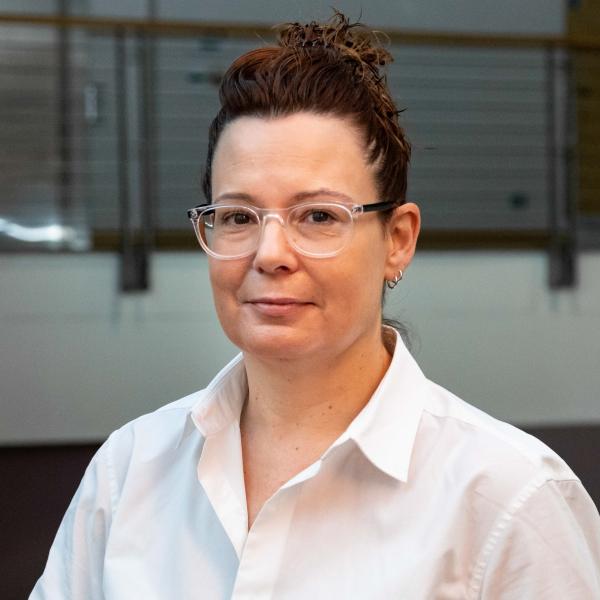
Emma Byrne completed a BSc in Psychology from Dublin City University (DCU) in 2019. She was awarded an Irish Cancer Society scholarship the same year. Emma’s research looks at cancer-related lymphoedema. Damage to the lymphatic system (the system that regulates fluid in the body) causes cancer-related lymphoedema, a common side effect of cancer and its treatment. It can also affect a person’s body image (the sense or picture we have of our bodies). In this research, she is tracking body-image issues over time among people with cancer-related lymphoedema and exploring what factors might be related to changes in body image.
There has been a welcomed ongoing growth in cancer survivor numbers but with that there is an increased need to examine the cancer survivorship experience beyond diagnosis and treatment. Obviously while focusing on the main priority of curing/treating the disease is essential, often the ongoing, sometimes life changing needs of those who have ‘survived’ are not.
It is estimated that a quarter of people who have experienced cancer will undergo one or more physical or psychological consequences every day. One of those consequences is cancer-related lymphoedema. Emma is currently recruiting participants who have been told they have cancer-related lymphedema in the past twelve months to take part in the study. Participation involves filling out three questionnaires over twelve months, on how participants feel about cancer-related lymphoedema and how it affects their life and body image. Some people will be asked to take part in focus group/interviews to give further depth to the information gathered from the questionnaires.
Emma hopes that the findings from this research will increase awareness and facilitate understanding of the long-term effects of this condition but also provide meaningful practical information to empower people with cancer-related lymphoedema and the people who work with them.
On Thursday, 19 August 2021, Rebecca and Adele will showcase their research at our very first PhD Student Showcase. You're welcome to join this online event from the comfort of your home.
For more information
Phone
1800 200 700
